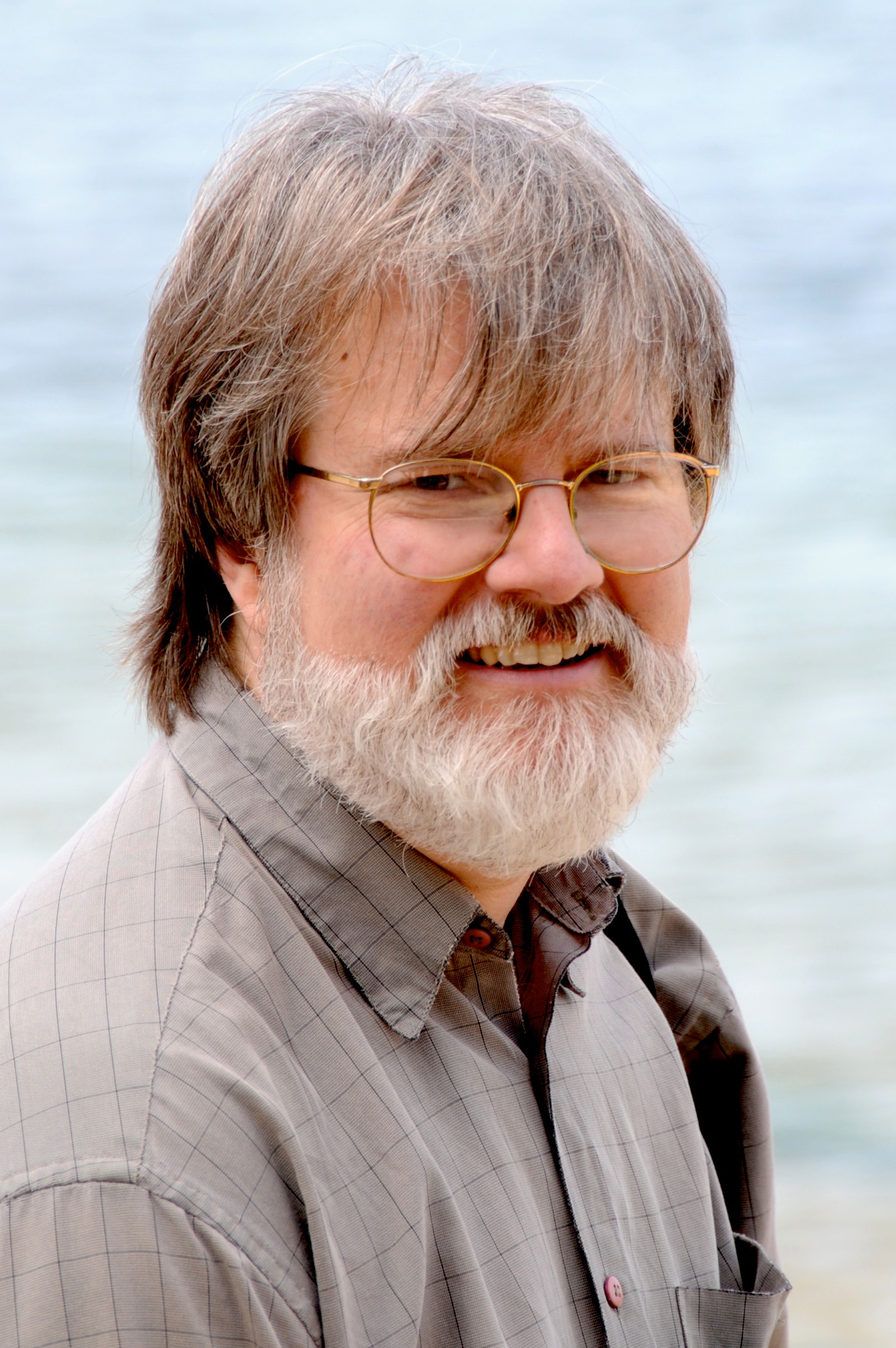Gardner Campbell receives top innovator recognition by the Center for Digital Education

Gardner Campbell, director of professional development and innovative initiatives for Learning Technologies and associate professor of English in the College of Liberal Arts and Human Sciences at Virginia Tech, is named one of the “Top 50 Innovators in Education in 2012” by the Center for Digital Education and Converge Magazine.
The magazine selected 50 representatives from universities, public school systems, and private schools across the United States. The honorees were selected to show that technology “is an aid and a tool to effective, creative instruction that only can come from properly trained and innovative instructors.”
“I am honored to be among those selected for the list,” said Campbell. “I look to my fellow recipients as leaders in using technology to empower active, meaningful learning in and out of the classroom, for students and teachers alike.”
The magazine stated, “Campbell’s work serves as a model for creative facilitators of learning worldwide. With nearly 3,000 Twitter followers and a popular blog, he is a highly sought-after speaker in the U.S. and beyond, with audiences numbering in the thousands annually.”
His keynote at the 2012 Open Education Conference, “Ecologies of Yearning and the Future of Open Education,” was recently selected as a primary resource for the University of Edinburg’s massive open online course “E-Learning and Digital Cultures,” with a global enrollment of over 42,000 students.
Campbell is involved in several initiatives at Virginia Tech to increase creative use of technology in learning opportunities. He is a lead collaborator for both the Faculty Development Institute and the Center for Innovation in Learning, and has developed a new media seminar for faculty and staff to explore what he calls “the digital imagination.”
“We are lucky to have Gardner here at Virginia Tech to share his insights,” said Daniel Wubah, vice president for undergraduate education and deputy provost. “Students and faculty can look to his leadership to fully utilize technology with innovative techniques, pushing intellectual borders and limitations in new ways.”
“We count on Gardner’s creativity and infectious enthusiasm for innovation that benefits learning,” said Anne Moore, associate vice president for Learning Technologies and director of information technology initiatives. “Today’s networked universities place a high value on demonstrating new ways to nurture and link communities of learners.”
Campbell maintains an active blog on the latest learning technology trends. In addition, he uses his Twitter page to communicate relevant developments. Campbell also writes a column for the Division of Undergraduate Education’s bi-monthly newsletter, among other outlets.
Campbell received his bachelor's degree from Wake Forest University and a master's degree and doctoral degree from the University of Virginia.
Dedicated to its motto, Ut Prosim (That I May Serve), Virginia Tech takes a hands-on, engaging approach to education, preparing scholars to be leaders in their fields and communities. As the commonwealth’s most comprehensive university and its leading research institution, Virginia Tech offers 240 undergraduate and graduate degree programs to more than 31,000 students and manages a research portfolio of $513 million. The university fulfills its land-grant mission of transforming knowledge to practice through technological leadership and by fueling economic growth and job creation locally, regionally, and across Virginia.




